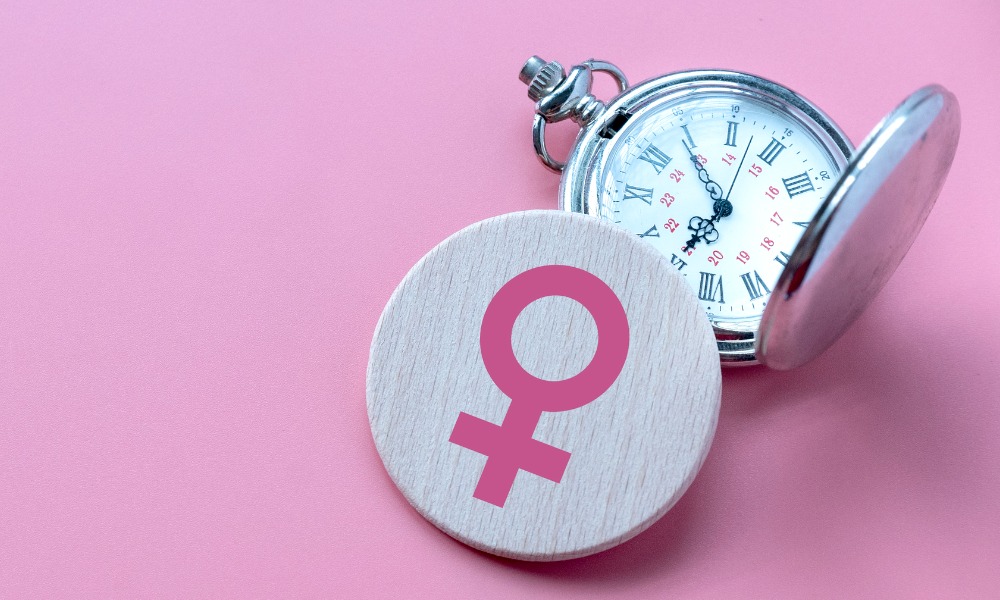
University of Canterbury's wellbeing lead on the introduction of menopause cafés and facilitating sensitive conversations

In recent years, the menopause movement has made significant progress, with progressive organisations actively breaking down barriers and fostering open conversations about a once-silent topic. In a recent "Pause for Thought" webinar, menopause awareness advocate Kate Billing and University of Canterbury's wellbeing lead, Jules Stafford, emphasised the crucial importance of addressing the challenges women face in maintaining menopause awareness in the workplace.
Stafford, drawing from her own challenging menopausal experience, reflected on the number of 45–55-year-old women within the University of Canterbury workforce. "We've got nearly 1,000 female staff, and 28% are actually sitting in that 45 to 55 age bracket that we typically associate with experiencing menopause, so straight away that’s 50 people that could be going through sheer hell at the minute," said Stafford.
Motivated by this realisation, Stafford and a small group of dedicated colleagues initiated an in-house menopause movement at the University of Canterbury, focusing on advocating for menopause awareness. Their project aimed to educate staff on symptoms, provide support, raise awareness among managers about potential impacts, and facilitate sensitive conversations about menopause at work.
Despite facing challenges like funding and managing the initiative alongside their regular duties, one primary obstacle was the difficulty in gaining visibility, support, and genuine interest from male counterparts and even younger females. To address this, the group strategically planned initiatives, including the introduction of "menopause cafés "—informal gatherings where individuals could share experiences and discuss various aspects of menopause.
The Menopause Cafe, launched in 2022, initially attracted six participants but now regularly sees 20-30 attendees. Stafford acknowledges that sustaining this momentum has been a significant challenge. "I laughingly call myself the UC menopause poster girl because I seem to be talking about it all the time, but it is about being aware and using every opportunity to push it," she noted.
But despite all the hard work and positive feedback, negative stigma lingers. Despite receiving largely positive feedback from an anonymous survey, which highlighted the impact of their work, Stafford also encountered responses that still harbour an air of ignorance and misunderstanding, such as "this topic doesn’t affect me" and "I will be setting up a rule in Outlook to block all messages containing the word menopause."
Two years after launching the program, Stafford believes that while the discussion has become more normalised, it is not entirely solved, emphasising the need to sustain momentum in changing attitudes and perceptions about menopause.
“I think it’s gotten to a point where it is starting to be become a normal discussion here. I’m not saying it’s solved by any means, but I really think the tide is turning and we just have to keep that momentum going,” said Stafford.
“If you're just getting started with your menopause movement, good luck. If you're already going in, you're working out how to maintain momentum, more power to you. We are all here and we all want to help each other and help create change across Aotearoa New Zealand. This is not an area where people are precious about sharing resources and experiences. It's how we can lift each other up together and make more change.”